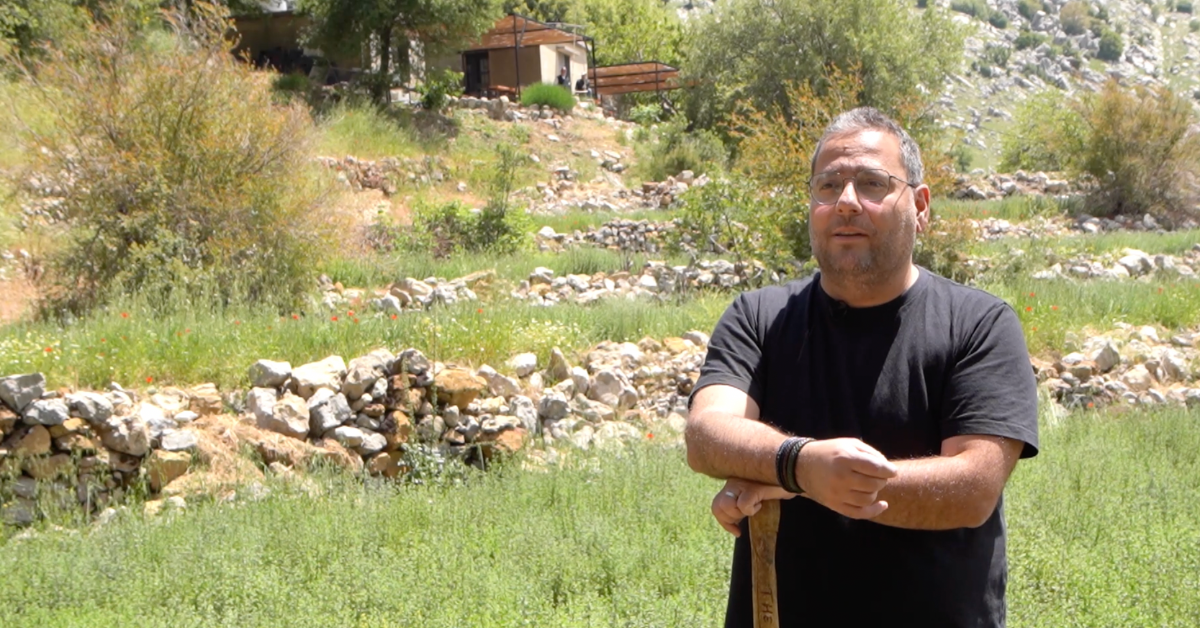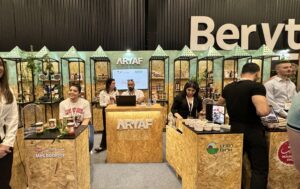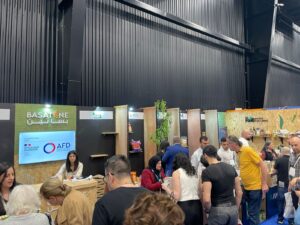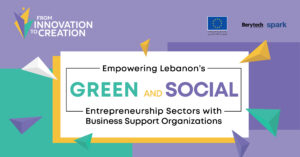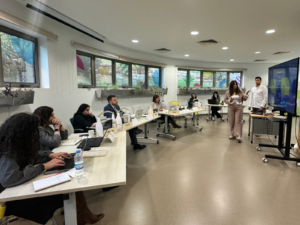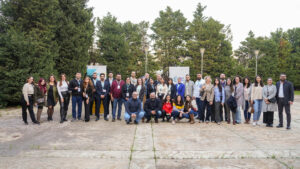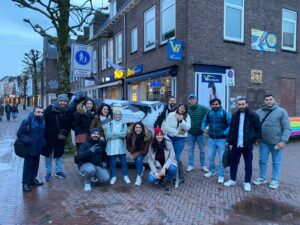The Good Thymes aims at bringing a breath of fresh air to traditional Lebanese flavors through modern and inspired culinary creations, covering the zaatar value chain from crop to table.
The founder, Fady Aziz, has a background and experience in the branding and marketing field which allowed him to valorize Zaatar by creating a new concept of high-end modern branding, as well as creating new mixes, establishing his brand as a unique concept for out-of-the-box zaatar products.
The Good Thymes began as a passion project after Fady secured a long-term lease on an abandoned plot of land in the middle of Kfarhoune and launched the business in late 2017 at the Beirut Design Fair. Throughout the years, The Good Thymes built a diverse line of more than 35 products revolving around zaatar, ranging from classic zaatar mixes to nutty, fruity, and spicy mixes. The Good Thymes also introduced lines of zaatar-infused herbal infusions, sumac, and distilled zaatar water.
Good Quality, Price-friendly Zaatar
The Good Thymes’ proposed project under the Food System Challenge is an effort to close the current gap in the market for good quality, price-friendly Zaatar products branded under Zataroo.
The project will allow the company to grow and solidify its domestic market share, by introducing a new product line that is accessible to mass consumption in terms of pricing, yet sustaining the quality standards of The Good Thymes, competing, and aiming to replace imported zaatar varieties from Syria, Jordan, and Turkey.
This new line will be accessible to local food producers across Lebanon, whilst offering sustainable livelihoods to farmers in rural areas.
The Food System Challenge
The Food System Challenge is implemented by the World Food Programme (WFP) and Berytech through support from the German Federal Ministry of Economic Cooperation and Development (BMZ).
The program’s main outcomes are enhanced food security, a well-functioning local food system, enhanced efficiency and resilience of cooperatives and SMEs working across different streams of the food systems, and increased employment opportunities, especially for women and vulnerable individuals.



